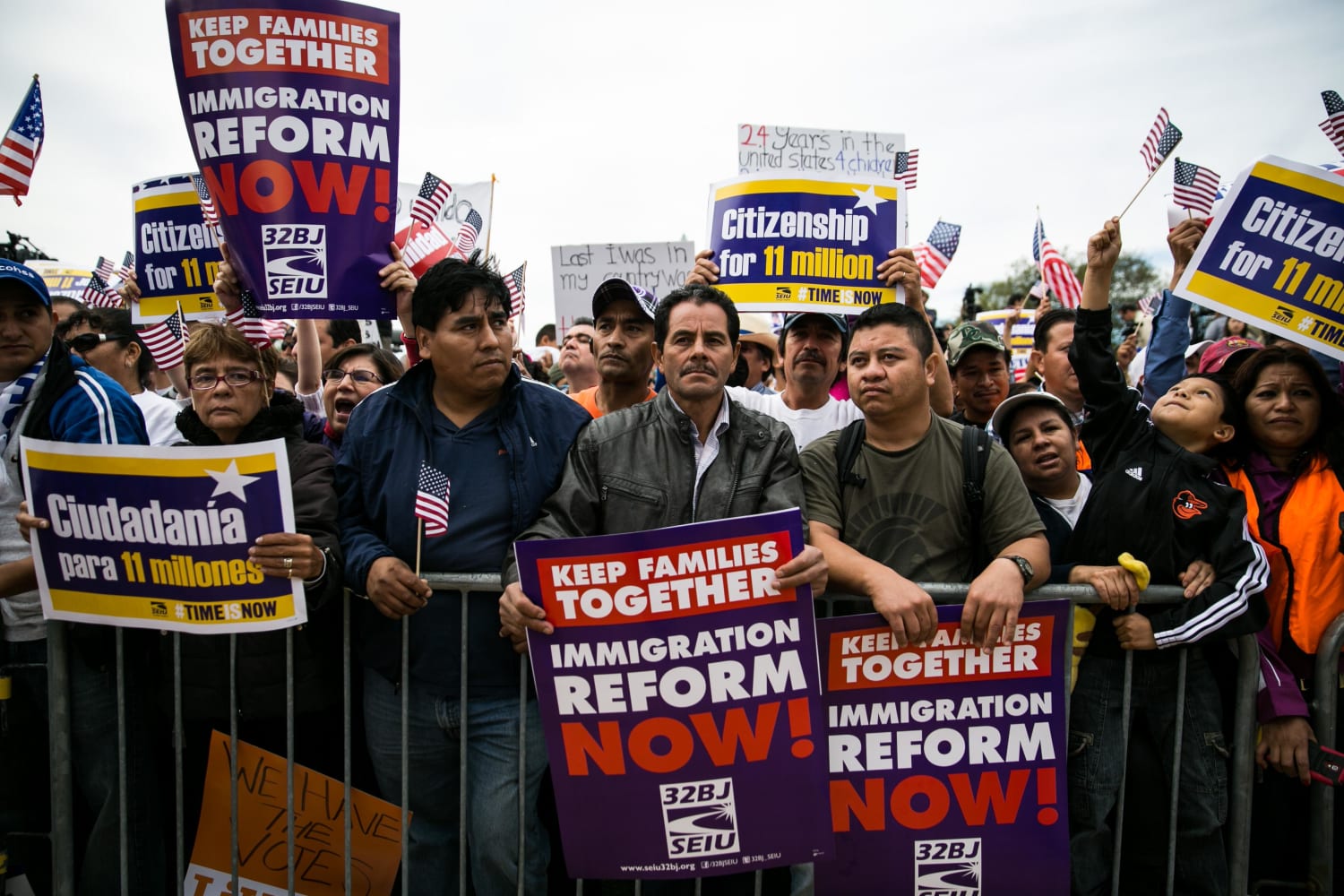US Leadership: A Hand from the Shadows, a Knife in the Dark
What appears to be the maintenance of a peaceful state of affairs through preserving balance between every state on the Eurasian continent has in fact been achieved through driving nations to vie against and contain each other, precluding the possibility of a competitor to the U.S. emerging in Eurasia, and thus ensuring for the U.S. the security of its homeland and its ability to lead.
There are, generally speaking, two ways in which to lead the world. One is to make oneself strong, then lead others to develop in tandem; the other is to undermine other countries and push them into decline, thus retaining dominance. The former, leading the community toward collective development, is leading from the front, whereas pulling on puppet strings, in practice, means performing one's misdeeds from the shadows.
The U.S. has been the forerunner in the past, but is now falling ever further toward the rear of the pack. It has increasingly taken to building its own security upon a foundation of strife between other countries, with the natural result being constant upheaval and bloodshed in those regions. By doing so, the U.S. is not only adding to the world's troubles, but also to its own.
The goals of U.S. global strategy are to safeguard its interests and its seat at the apex of the world, and to accomplish this, the U.S. must control Europe and Asia. The best means to do this has been to spread divisiveness throughout Europe, Asia and the Middle East and let regional players keep each other in check. This thereby prevents any move toward unification, as well as the rise of another state that could lead in any of those regions. If unsuccessful, the U.S. is likely to be edged out of Europe and Asia and back to the Americas.
At present, after sowing chaos in the Middle East and Europe, a prosperous Asia and rising China have become the next strategic targets for the U.S. The ultimate objective of the U.S. "return to" and "re-balance of" Asian strategies, therefore, is to contain China's rise and maintain leadership in Asia. To this point, U.S. policy consists of nothing more than promoting the "China threat theory" to raise anxiety and alarm about China's rise among Asian countries. This has become particularly evident as China lifts restrictions on Japan regarding collective defense, which has stirred up disputes between China and its neighbors and internationalized the region's historical grudges that have been passed down from previous generations. One could say the move brings down a veritable flock of birds with one stone.
The intentions of the U.S. are quite clear: First, to extract itself from its own difficulties; second, to decrease its financial stake and investments in Asia and in fact profit from the conflict by selling weapons to Japan and other countries; and third, to launch a full-on smear campaign against China. If China responds in kind, the U.S. will criticize China for throwing its weight around against smaller nations and use this as proof of China's hegemonic aspirations, thereby throwing a proverbial wrench into the gears powering China's peaceful rise.
As soon as the veil is lifted from this offshore balancing act, it cannot be played on any further. But the problem is that, to do this, the world requires a stabilizing anchor, a burdensome role, which only the U.S. is currently capable of bearing. Some 30 years ago, renowned French political theorist and historian Raymond Aron left the U.S. a word of advice: "In the 20th century the strength of a great power is diminished if it ceases to serve an idea." Clearly, however, the U.S. has paid little heed.
The author is a Chinese scholar currently residing in Canada.


